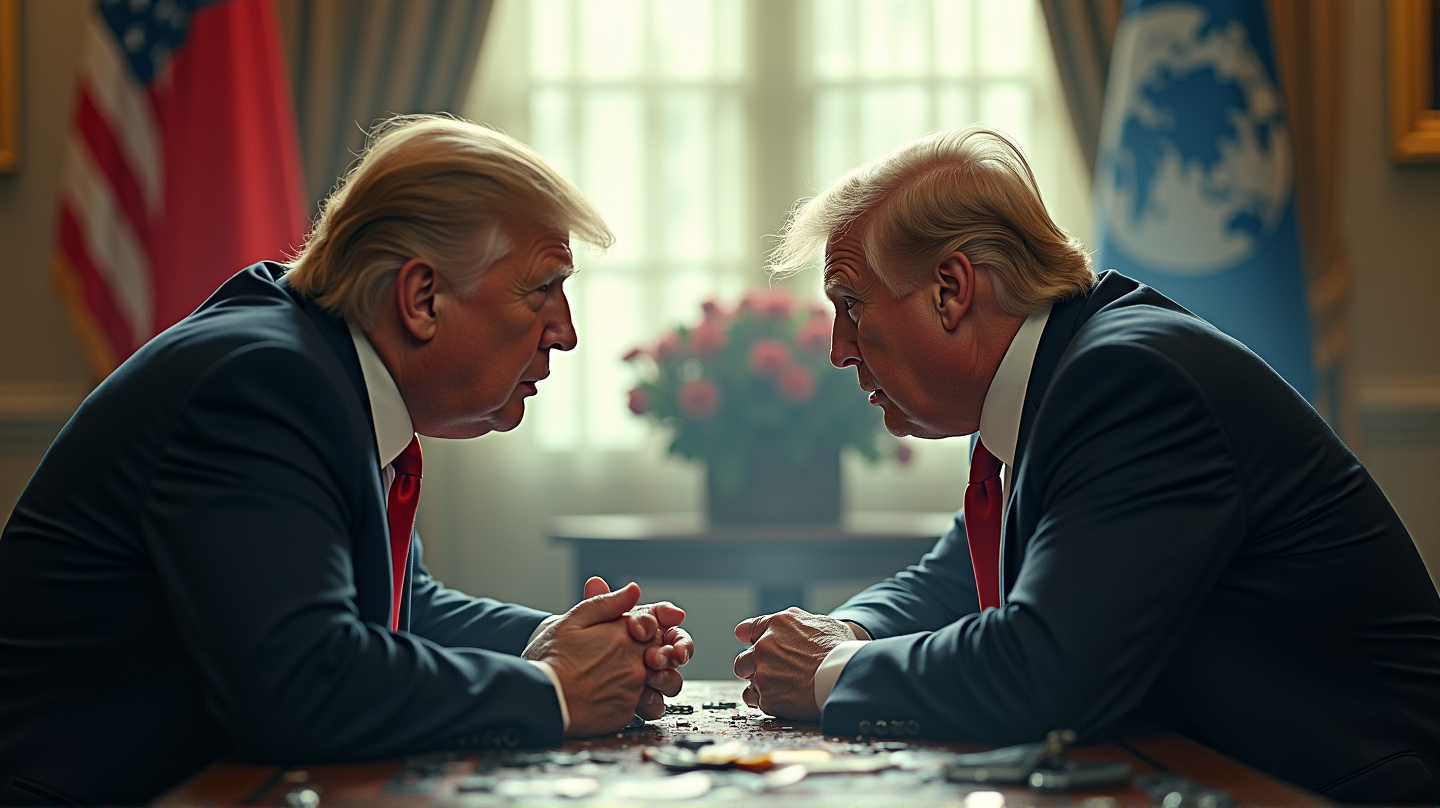Argentina's Economic Turmoil: A Threat to U.S. Security
Explore how Argentina's economic crisis and President Milei's reforms impact U.S. security and the global political landscape.

In the intricate world of international relations, the economic upheaval in Argentina looms large, threatening to send ripples across global security. President Javier Milei’s ambitious agenda to revive a faltering economy through radical free-market reforms has drawn worldwide attention. The man once hailed as a disruptor now finds his presidency imperiled. According to Forbes, his predicament could have significant implications for the United States.
The Promise of Change
Riding on a wave of populist fervor, Milei clinched victory by pledging sweeping changes. His vision included slashing a bloated governmental structure and replacing the beleaguered Argentine peso with the more stable U.S. dollar. For a nation reeling under crippling inflation and monetary mismanagement, these drastic proposals kindled new hope.
Reforms and Backlash
True to his word, Milei spearheaded reforms with equal parts enthusiasm and ruthlessness. The public sector saw unprecedented cuts, bureaucracies were reined in, and for a fleeting moment, Argentina’s economy seemed to breathe anew. Yet, as political realities hardened, so did the resistance.
A Nation on the Edge
Currently, Milei grapples with ordeals that threaten to reverse his gains. His sister’s entanglement in corruption allegations and mounting displeasure in provincial strongholds have emboldened a vocal opposition. The once-rebounding economy shows ominous signs of stalling, with inflation again on the uptick.
The Role of the United States
Amid this turmoil, Milei’s plea for a $20 billion rescue from the Trump Administration underscores the stakes involved. Washington faces a pivotal choice: to support an ally or risk the repercussions of unfulfilled promises on their doorstep. Yet, the specter of a failed economic model without complete dollarization continues to haunt Milei’s agenda.
Lessons from the Past
History offers lessons for reforming inflation-plagued economies. Countries like El Salvador and Ecuador successfully dollarized, imparting financial stability and economic resurgence. Meanwhile, Argentina’s delay in fully adopting the dollar remains a profound misstep.
Charting the Path Forward
For Milei, revitalization hinges on decisive action: abolish the peso, embark on sweeping tax reforms, and dismantle obstructive export taxes. Simultaneously, the U.S. has a crucial role: reducing trade barriers and fostering cooperative economic agreements.
The Broader Implications
On a strategic level, Milei’s success transcends economics; it represents a bulwark against authoritarian swings within Latin America. The path forward demands collaboration—a reminder that in global economics, stability in one nation reverberates, affecting allies and adversaries alike.
As Argentina stands at this crossroads, its journey will undoubtedly impact beyond borders, intricately weaving its fate with the economic stability and security of larger powers. The unfolding events will test not only the resolve of a nation but, concurrently, the adaptability of its friends.





